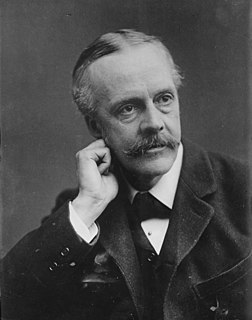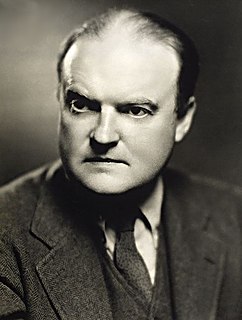A Quote by Johann Wolfgang von Goethe
It is natural to man to regard himself as the final cause of creation.
Related Quotes
Therefore, the truly great man, although he does not injure others, does not credit himself with charity and mercy (these are natural to him). He does not seek gain, but does not despise his followers who do. He struggles not for wealth, but does not take credit for leaving it alone... The ranks and emoluments of the world are to him no cause for joy, it's punishments and shame no cause for disgrace.
Why waste words? Geometry existed before the Creation, is co-eternal with the mind of God, is God himself (what exists in God that is not God himself?): geometry provided God with a model for the Creation and was implanted into man, together with God's own likeness - and not merely conveyed to his mind through the eyes.
All of creation, in the biblical view, was to ultimately prepare the way for the creation of man. But one does not need the Bible alone to hold this view. A purely scientific reading of the universe is in keeping with this view. Everything - every natural and physical law - is exquisitely tuned to produce life, and ultimately man, on earth.
Men live a moral life, either from regard to the Diving Being, or from regard to the opinion of the people in the world; and when a moral life is practised out of regard to the Divine Being, it is a spiritual life. Both appear alike in their outward form; but in their inward, they are completely different. The one saves a man, but the other does not; for he that leads a moral life out of regard to the Divine Being is led by him, but he who does so from regard to the opinion of people in the world is led by himself.
To me the sole hope of human salvation lies in teaching Man to regard himself as an experiment in the realization of God, to regard his hands as God's hand, his brain as God's brain, his purpose as God's purpose. He must regard God as a helpless Longing, which longed him into existence by its desperate need for an executive organ.




































